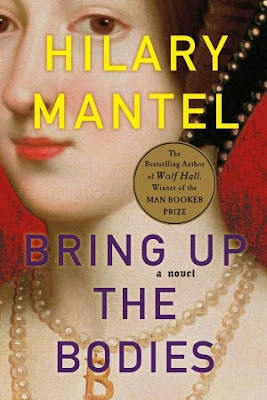Pretty soon, however, Monsieur Baratte finds that the task is much more challenging than he first expected. He thought his presence as the city's purifier would be a breath of fresh air to the Parisians, but they are strangely suspicious of Baratte's intentions. Les Innocents is rotting the city from the inside out, but the townspeople are curiously attached to it and hesitant to interrupt the eternal slumber of the dead. As the project progresses, Baratte finds himself increasingly paranoid and alone, despite his efforts to purge the city of its unsavory past. Baratte finds some solace in the friendship of Armand, a church organist, and Heloise, a Parisian prostitute, but it's not enough to make him forget that most of the city, including his workers, despise him.
They say that Rome wasn't built in a day and Andrew Miller's novel reminds us that neither was Paris. The city of romance, the city of lights was, in Baratte's day, a city of filth and poverty, and even though his presence means progress for the city, Baratte finds that traditions are even harder overcome than stacks of bodies.
Pure is a very fascinating piece of historical fiction. While John-Baptiste Baratte is a fictional character, the story of Les Innocents is solidly grounded in Paris history, and Miller's re-imagining of this volatile social and economic time is beautifully rendered, despite the unsavory subject matter. But even so, the book sometimes felt lethargic and detached, and Baratte's personal story felt somewhat withdrawn from the novel's themes. Perhaps this is due to his own misgivings about the task and his insecurity as a force of change and momentum. Despite this, Pure offers a bittersweet journey to 18th century Paris, and the subject matter, while grim and sinister, couldn't be more perfect for this time of year.
Overall Rating:















